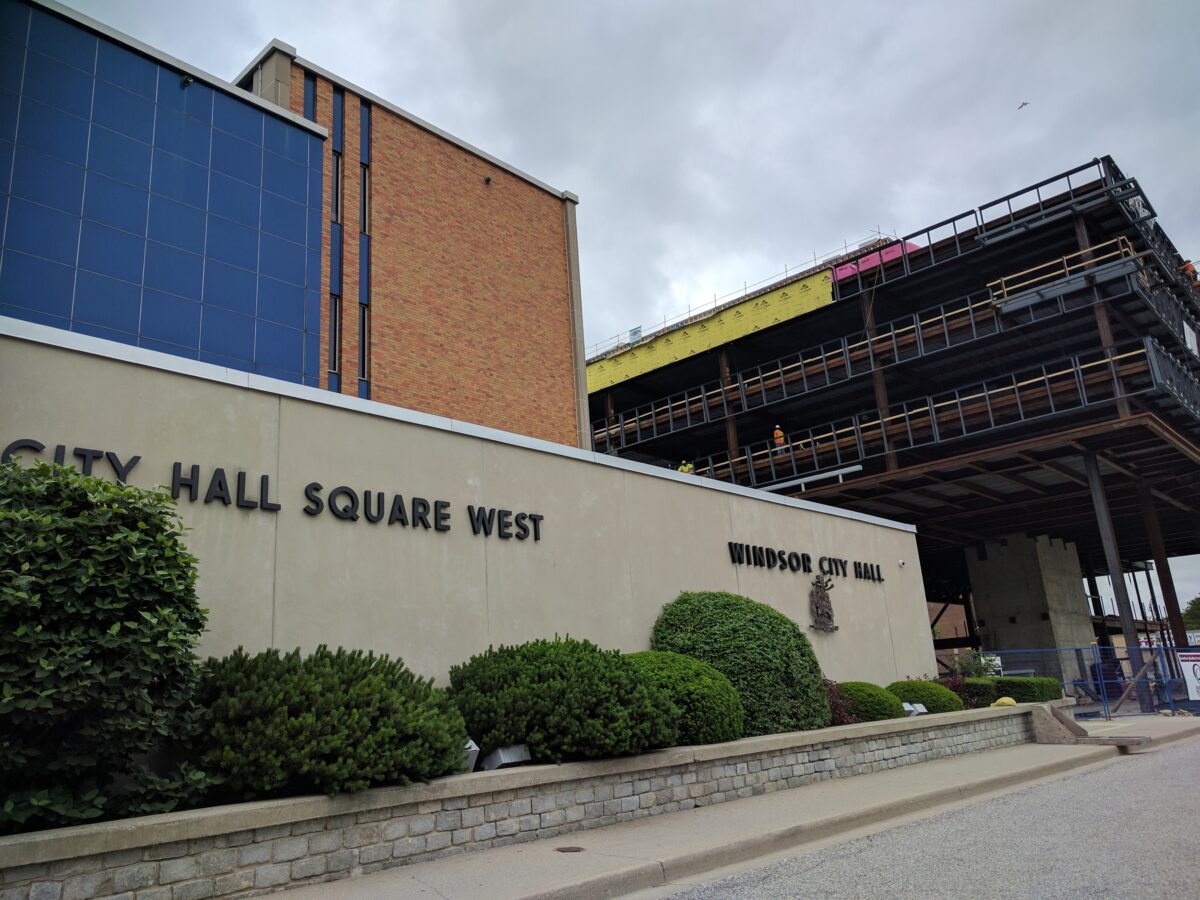The Windsor Independent – Jon Liedtke
Nov. 30, 2015
How long would it take you to read, comprehend, consult with constituents and be prepared to vote on roughly 600 pages of budget documents packed with numbers, tables, figures and $750-million dollars worth of expenditures which impact the lives of every single resident of the city?
One month? Three? Six?
Three weeks: that’s how long councillors have to deliberate and seek input from constituents for the 2016 budget.
“[It’s] not enough time,” said Ward 3 Councillor Rino Bortolin. “… the entire process should be about six or seven weeks, if you really want public consultation on the process … you need to give people time to digest it and then have time for them to give their input.”
But it doesn’t have to be this way. In Guelph the 2016 budget process began on October 21 and lasts until December 10, whereas in Windsor it began on November 28 and lasts until December 21. That’s 50 days in Guelph, versus 24 days in Windsor.
It’s not only the added time which is beneficial says Bortolin, but also the public sessions for debate and discussion which are also meaningful.
“I will be neglecting my constituents for the next three weeks,” said Ward 4 Councillor Chris Holt earnestly speaking to the time constraints. “I won’t be able to do anything else other than deal with the budget.”
Further complicating the process is the annually sought after zero-tax-increase – a lasting legacy of the Francis administration – possible to achieve, but which comes at a cost as continued meaningful investment is required to achieve significant municipal growth.
“… seven years of cutting and holding-the-line on taxes showed there was a lot of fat to be trimmed,” said Bortolin, commending the previous council, adding however that eventually there’s a point where “trimming the fat leads to cutting into muscle, we’re at that point….”
A concern of Holt is that residents have come to expect zero-tax increases which “can’t be the norm, this can’t be the benchmark by which we’re rated … people aren’t going to come here because it’s cheap … you move to a city because it improves your quality of life.”
He also questions how Windsor can improve amidst this climate when there appears to be a “concerted effort of a group around the table … [who want] another notch in their belt … I don’t know whether it’s ego … it means we’re pennywise, pound-foolish, that we’re focusing on this nickle-and-dime stuff….”
It all comes down to priorities, and the mayor and each of the ten councillors have their own which they want implemented and acted upon. Some councillors share similar priorities, others overlap, and some distant; at the end of the day, all cost money.
“[Constituents] need to start asking questions, I’m not going to put it up to them to sift through the entire budget, but ask some questions,” extolled Bortolin. “I know councillors are more than willing to take questions … we take that into consideration when making decisions … we’re making this budget based on what you want to spend.”
It’s always about priorities says Mayor Dilkens.
“You can have a roads levy, you can have a hospital levy, you can increase transit, you can increase funding for the arts, you can increase funding for tourism, you can do all sorts of things,” he said. “… running a city is all about finding the balance and making sure that you provide a little bit to the most important organizations and recognizing that the people who are paying the bill can only afford to pay so much….”
When trimming the fat goes too far – Windsor Independent (archive.org)
Jon Liedtke was a co-owner and business development manager for The Windsor Independent.



Leave a Reply